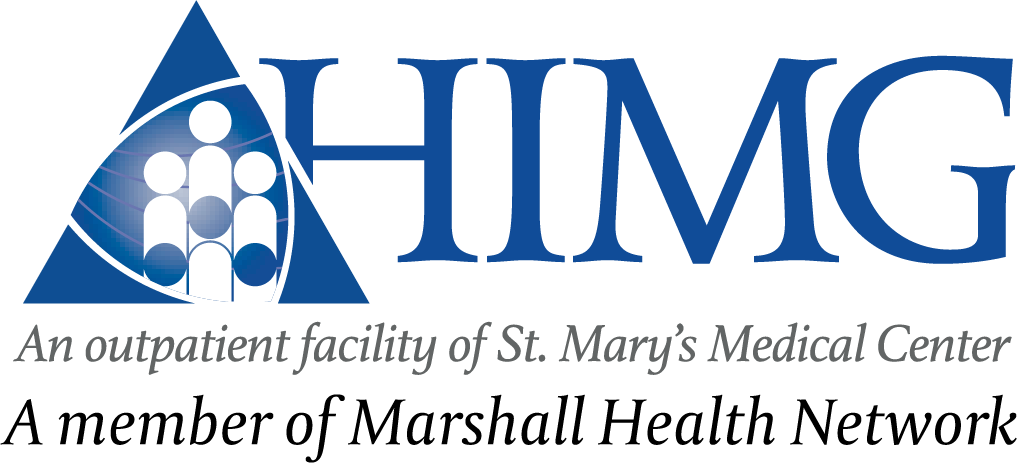Osteoporosis causes bones to become weak and brittle — so brittle that a fall or even mild stresses like bending over or coughing can cause a fracture. Osteoporosis-related fractures most commonly occur in the hip, wrist or spine.
Bone is living tissue that is constantly being broken down and replaced. Osteoporosis occurs when the creation of new bone doesn't keep up with the removal of old bone.
Osteoporosis affects men and women of all races. But white and Asian women — especially older women who are past menopause — are at highest risk. Medications, healthy diet and weight-bearing exercise can help prevent bone loss or strengthen already weak bones
Tests and diagnosis
Your bone density can be measured by a machine that uses low levels of X-rays to determine the proportion of mineral in your bones. During this painless test, you lie on a padded table as a scanner passes over your body. In most cases, only a few bones are checked — usually in the hip, wrist and spine.
Treatments and drugs
Treatment recommendations are based on an estimate of your risk of breaking a bone in the next 10 years using information such as the bone density test. If the risk is not high, treatment might not include medication and might focus instead on lifestyle, safety and modifying risk factors for bone loss.
For both men and women at increased risk of fracture, the most widely prescribed osteoporosis medications are bisphosphonates. Examples include:
- Alendronate (Fosamax)
- Risedronate (Actonel, Atelvia)
- Ibandronate (Boniva)
- Zoledronic acid (Reclast)
Side effects include nausea, abdominal pain, difficulty swallowing, and the risk of an inflamed esophagus or esophageal ulcers. These are less likely to occur if the medicine is taken properly. Intravenous forms of bisphosphonates don't cause stomach upset. And it may be easier to schedule a quarterly or yearly injection than to remember to take a weekly or monthly pill, but it can be more costly to do so.
Using bisphosphonate therapy for more than five years has been linked to a rare problem in which the middle of the thighbone cracks and might even break completely. Bisphosphonates also have the potential to affect the jawbone. Osteonecrosis of the jaw is a rare condition that can occur after a tooth extraction in which a section of jawbone dies and deteriorates. You should have a recent dental examination before starting bisphosphonates.
Hormone-related therapy
Estrogen, especially when started soon after menopause, can help maintain bone density. However, estrogen therapy can increase a woman's risk of blood clots, endometrial cancer, breast cancer and possibly heart disease. Therefore, estrogen is typically used for bone health only if menopausal symptoms also require treatment.
Raloxifene (Evista) mimics estrogen's beneficial effects on bone density in postmenopausal women, without some of the risks associated with estrogen. Taking this drug may also reduce the risk of some types of breast cancer. Hot flashes are a common side effect. Raloxifene also may increase your risk of blood clots.
In men, osteoporosis may be linked with a gradual age-related decline in testosterone levels. Testosterone replacement therapy can help increase bone density, but osteoporosis medications have been better studied in men with osteoporosis and are recommended alone or in addition to testosterone.
Other osteoporosis medications
If you can't tolerate the more common treatments for osteoporosis — or if they don't work well enough — your doctor might suggest trying:
- Denosumab (Prolia). Compared with bisphosphonates, denosumab produces similar or better bone density results and reduces the chance of all types of fractures. Denosumab is delivered via a shot under the skin every six months. The most common side effects are back and muscle pain.
- Teriparatide (Forteo). This powerful drug is similar to parathyroid hormone and stimulates new bone growth. It's given by injection under the skin. After two years of treatment with teriparatide, another osteoporosis drug is taken to maintain the new bone growth. This drug is reserved for patients with severe osteoporosis.
Please contact us at (304) 528-4641.



